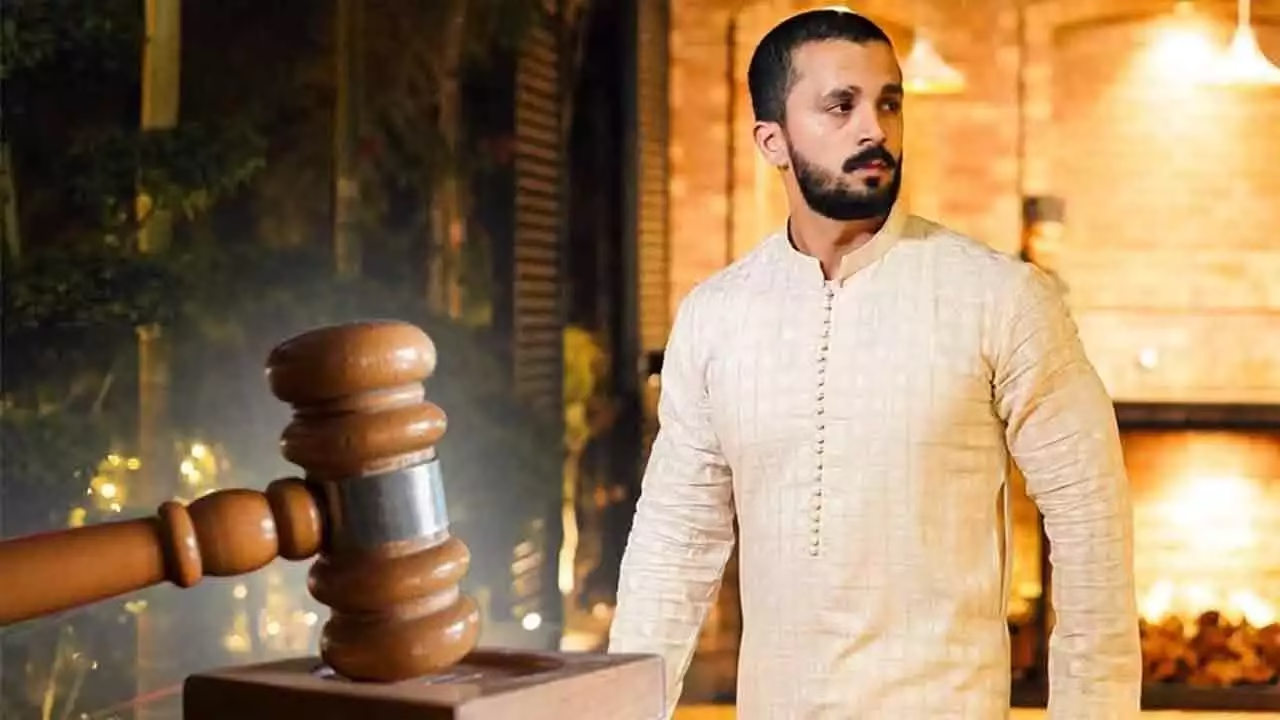The Rajab Butt TikTok case has drawn significant attention in Lahore after allegations of defamatory remarks surfaced on social media. A recent hearing in the Sessions Court Lahore has now brought the issue into the legal spotlight, raising important questions about online accountability, digital speech, and the boundaries of freedom of expression in Pakistan.
Court Proceedings in Lahore
The hearing of the Rajab Butt TikTok case was conducted under the supervision of Additional Sessions Judge Shafqat Shahbaz Raja. The case originated from a petition filed against Rajab Butt, in which he was accused of allegedly making defamatory and insulting remarks through TikTok.
The court had earlier directed the National Crime Agency (NCA) to prepare and submit a comprehensive report on the matter. On August 26, the NCA presented a preliminary report in response to the court’s order. This development marked the first official step in the investigation of the claims brought forward against Rajab Butt.
Prosecution and Petition Details
Public Prosecutor Muhammad Mudassar Chaudhry confirmed that multiple applications had been received regarding the registration of a formal case. The petition, filed by Prince Adnan, stressed that the remarks made by Rajab Butt were not only inappropriate but also offensive.
According to the petition, such behavior from an influential TikTok personality can have damaging effects on public discourse. The petitioner urged the court to take immediate legal action and direct the National Crime Agency to register a proper case, ensuring that defamatory content online is not left unchecked.
Social Media and Defamation: A Growing Challenge
The Rajab Butt TikTok case is not the first incident in Pakistan where social media has become a platform for conflict. In recent years, TikTok and other platforms have seen a surge in popularity. According to Statista, as of 2024, TikTok had over 1 billion monthly active users worldwide, with Pakistan ranking among the top countries for downloads.
This widespread usage brings both opportunities and challenges. While TikTok has provided young people with a creative outlet and a chance to build careers as digital influencers, it has also opened doors to online bullying, defamation, and character attacks. Legal experts note that defamation laws in Pakistan are being increasingly applied to address disputes arising from social media activities.
Legal Framework for Defamation in Pakistan
The Rajab Butt TikTok case highlights the role of Pakistan’s legal system in addressing online disputes. Under the Defamation Ordinance 2002, individuals can take legal action against anyone who damages their reputation through spoken or written words. Furthermore, with the rise of cybercrimes, the Prevention of Electronic Crimes Act (PECA) 2016 provides additional frameworks to monitor and penalize digital misconduct.
In this particular case, the court’s involvement of the National Crime Agency shows how seriously the judiciary is treating the matter. By reviewing preliminary reports and examining multiple applications, the court is ensuring that the case is approached with fairness and due process.
Public Reaction and Digital Responsibility
Public reactions to the Rajab Butt TikTok case have been divided. Supporters of Rajab Butt argue that freedom of expression should not be curtailed, while critics believe that influencers must act responsibly given their large audiences.
Digital experts stress that with millions of users consuming TikTok videos daily, the influence of creators extends beyond entertainment. Harmful or insulting content can contribute to toxic online environments, spread misinformation, or damage reputations. This case serves as a reminder for social media users and influencers to remain mindful of the content they share.
The Bigger Picture: Online Accountability
The outcome of the Rajab Butt TikTok case could set an important precedent for how defamation cases on social media are handled in Pakistan. If the court orders a formal registration of a case, it may pave the way for more individuals to challenge defamatory remarks made online. On the other hand, a dismissal could highlight the difficulties of regulating speech on fast-moving platforms like TikTok.
As Pakistan’s digital population grows, with over 87 million internet users reported in early 2024, cases like this underline the need for a balanced approach. Protecting free expression while ensuring accountability is essential for a healthy online environment.
The Rajab Butt TikTok case is more than just a legal dispute—it is a reflection of the evolving challenges in the digital age. As courts, regulators, and users navigate the fine line between free expression and defamation, this case will be closely watched for its wider implications.
Whether it results in stricter regulations or simply acts as a warning to influencers, the case emphasizes one critical point: in today’s interconnected world, words and content shared online carry significant weight, and accountability cannot be overlooked.



